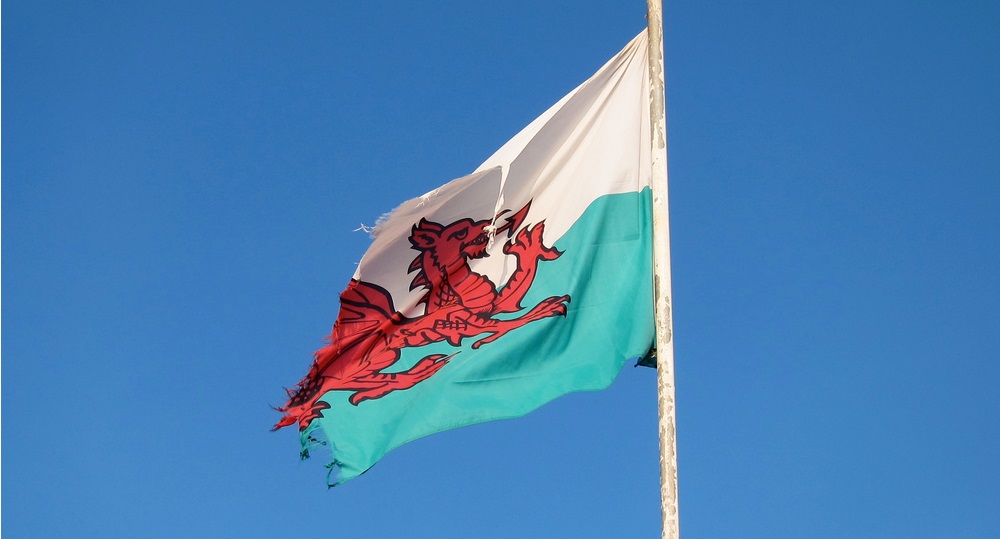UK Government post-Bexit trade deals ‘threatening a cornerstone of Welsh culture’

The UK Government’s post-Brexit trade deals are “threatening a cornerstone of Welsh culture,” a farming union has warned.
Iwan Pugh-Jones, FUW county chairman, said that trade deals could undermine the agriculture industry in Wales, saying that a big part of the nation’s culture was “intrinsically linked to food production”.
The FUW have been critical of the UK Government’s trade deals with Australia and New Zealand as it could undermine both the demand for Welsh food products and undermine standards.
Both trade deals taken together could post an “existential threat” to Wales’ rural communities, they said.
“On Tuesday we celebrated St David’s Day – an opportunity to highlight all that is great and wonderful about Wales, including our unique culture,” Iwan Pugh-Jones told the Cambrain News.
“A cornerstone of our Welsh culture is agriculture, which directly employs 53,000 people and provides raw ingredients for a £7.5 billion Welsh food and drink supply chain employing 229,000 people – and that doesn’t include the tens of thousands of other businesses and their employees who work to supply farms and food businesses.
“While family farms are at the heart of such direct economic benefits and the preservation of a culture intrinsically linked to food production, the wider benefits of Welsh agriculture are vast.
“As managers of around 80 per cent of Wales’ landmass, farmers play an invaluable part in managing and preserving a landscape which provides clean drinking water for millions; is diverse in habitat and species, including more than 1,000 Sites of Special Scientific Interest (SSSIs); and brings millions of tourists to our country each year.”
‘Damage’
The New Zealand trade deal will see the amount of beef that can be imported tariff-free from New Zealand rise immediately to 12,000 then gradually to 38,820 tonnes in ten years time.
For lamb, the amount that could be imported tariff-free would increase by 35,000 tonnes per annum in years one to four, then by 50,000 tonnes per annum in years five to fifteen, after which there would be no limit.
Tariffs on cheese and butter will be phased out over five years.
This week FUW President Glyn Roberts said that farers were “extremely angry” that the UK Government was pursuing deals that “will be damaging to our food and farming sectors and undermine our food security”.
“The cumulative damage to our food and farming sector of these deals and others that are in the pipeline at a time when rural budgets are being slashed and regulations for our own farmers are being hiked up hardly sends out a positive message about the UK Government’s support for agriculture,” he said.
“There is a growing feeling within the industry that these policies represent an existential threat to our rural communities and food security.”
Support our Nation today
For the price of a cup of coffee a month you can help us create an independent, not-for-profit, national news service for the people of Wales, by the people of Wales.






Generally, if something is a good idea, you do not have to lie to persuade people to support it, you do not have to be vague about the benefits, you do not have to insult and belittle people who do not see its merits, and you do not find people complaining about the outcome. Wales voted to leave the farming protections offered by EU membership, and it is known that a majority of farmers also voted to leave. Warnings were dismissed as Project Fear. You were told, but you didn’t listen. So stop complaining, you voted for it – it’s… Read more »
“ it is known that a majority of farmers also voted to leave“? Do you have evidence that a majority of Welsh farmers voted leave”? I would suggest that this is just not true… The distribution of the Brexit vote in Wales supports my view…
Rob, there are people in Wales, some of them regularly on this site, who cannot move on from the narrow failure of 2016. Instead they prefer to hang on to their grudges and repeat them ad nauseam. The fact that we are about to be reaping a bitter harvest ought to be a unifying factor, an opportunity to take a new message to the rural community, a message about how we ensure the integrity of our food chains by taking more interest in low “food miles” and less dependence on expensive exotica shipped in from the other side of the… Read more »
If you are involved in agriculture you should sell up now; plenty of English retirees or pension funds are desperate for your land.
People can do without that sort of advice. Some in desperation might just take it.
What is Bexit?